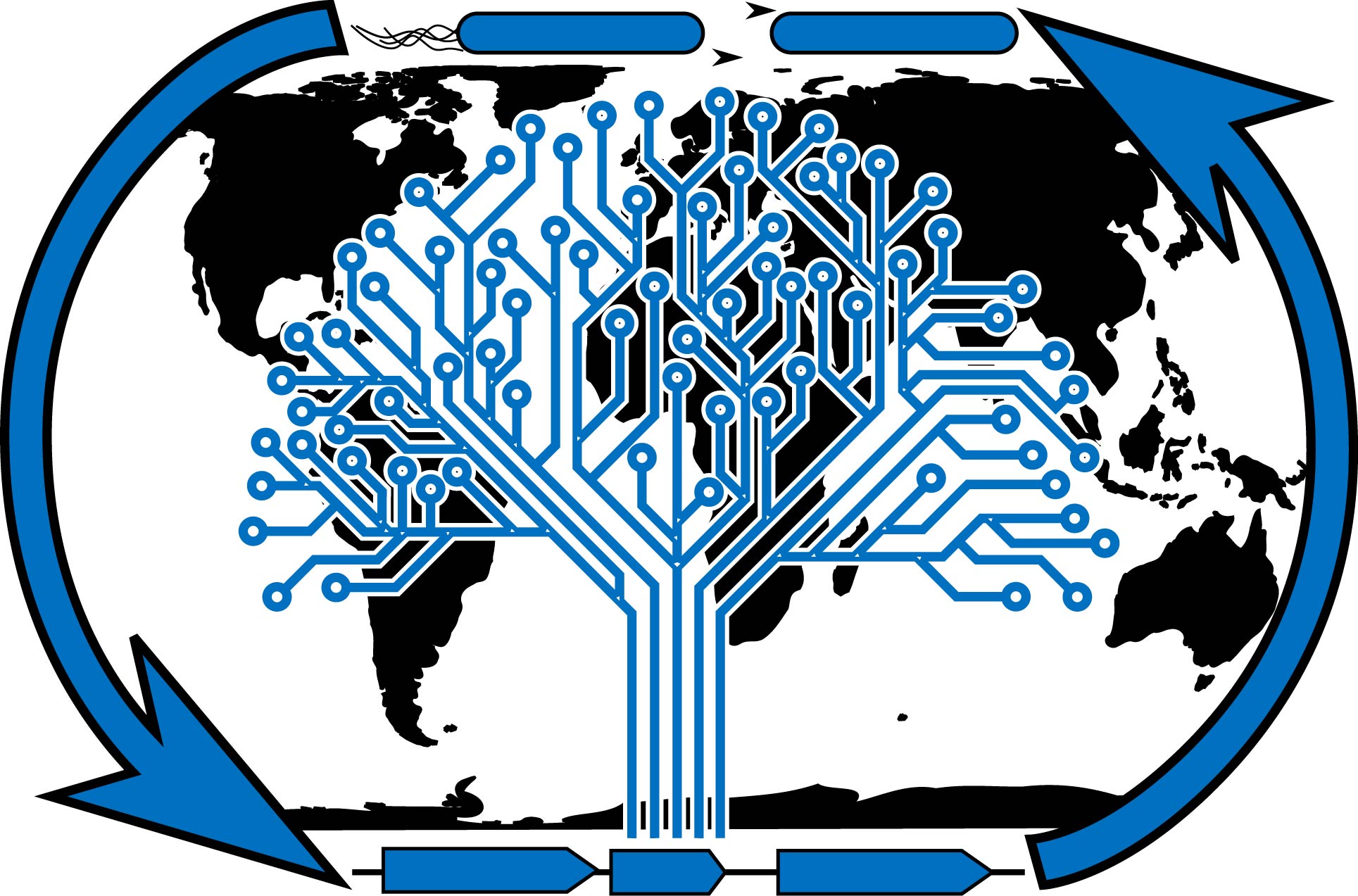Shaul Pollak Pasternak at the Centre for Microbiology and Environmental Systems Science (CMESS) is leading this project.
Description: Our planet was shaped by microbial activity throughout the eons, and to this day ecosystems are fueled by the activity of microbial decomposers. Simply put, our world without microbes would be a dead and desolate rock. Climate change is perturbing the activity of microbes, and understanding the principles that make microbial communities (“Microbiomes”) tick is of critical importance if we want to predict and interfere with the effects of a changing world. Most microbial species cannot be grown in the lab, and understanding their role in the environment is usually achieved by analyzing the genes in their DNA. Currently, this requires knowing something about the molecular function of the protein encoded by each gene, but there are at least a few hundred million microbial genes and experimentally characterizing the activity of even a single new protein is challenging and time-consuming. A new paradigm is clearly needed. My lab develops advanced AI tools combined with high-throughput experiments and large-scale data analysis to bypass the need to know the molecular activity of genes to infer function from microbial DNA. We harness this new ability study different ecosystems and extract general principles of microbiome function. Altogether, our work provides a new avenue for genomic research, allows researchers to extract more meaningful information from environmental
Collaborators: Funded by AVINA Stiftun
Duration: 5 years (2023 – 2028)
